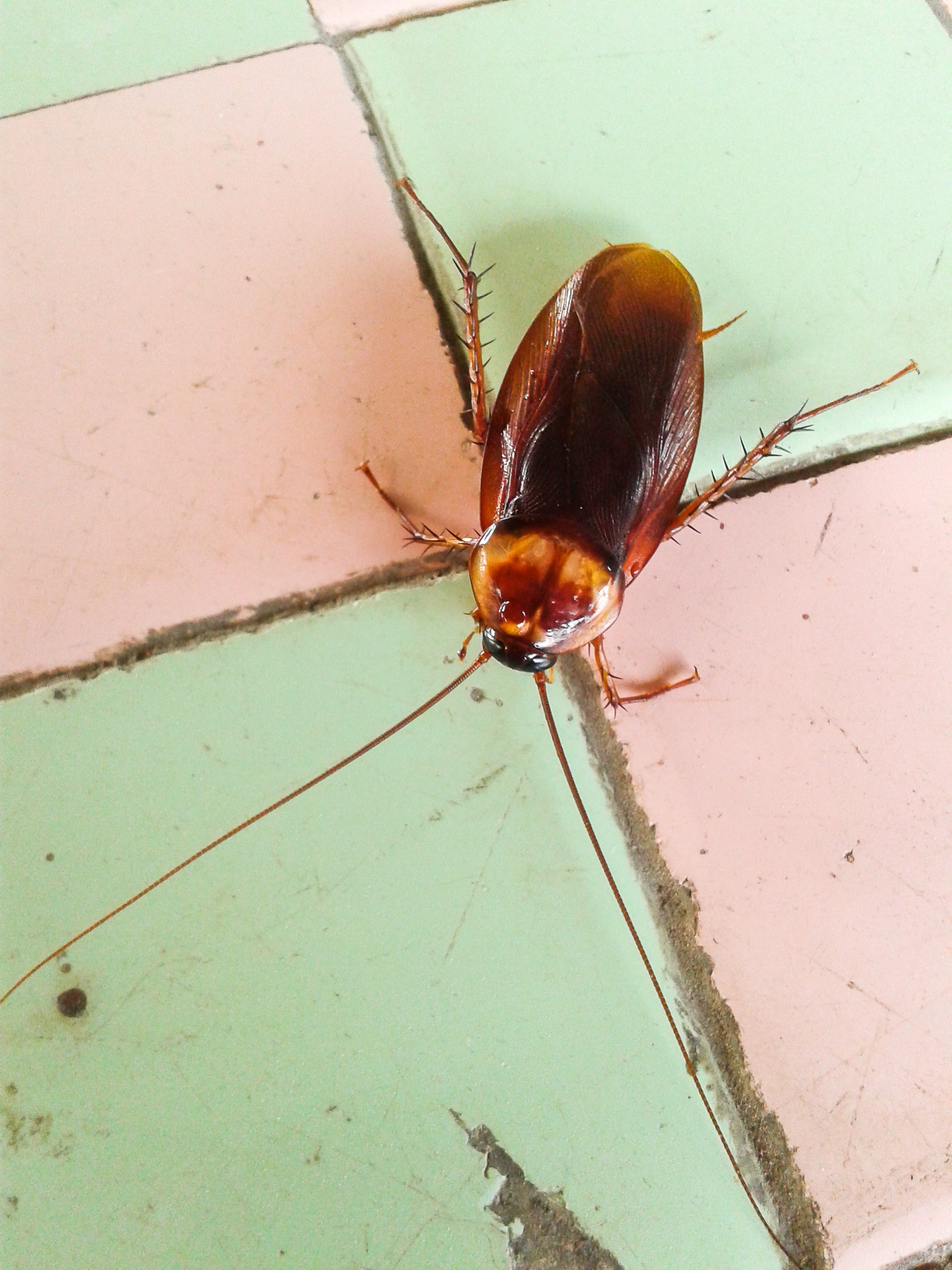![635969250298970743-ThinkstockPhotos-481330292.jpg [image : 83388878]](http://www.gannett-cdn.com/media/2016/04/22/USATODAY/USATODAY/635969250298970743-ThinkstockPhotos-481330292.jpg)
Soiled sheets. Broken toilets. Insects.
Pauline Paquin's hotel in Green River, Utah, had it all — and more.
The bathrooms were so filthy that they were unusable, remembers Paquin, who runs a personal finance website.
"When we asked for them to be cleaned, they just came to pick up the bugs," she says.
Are you ready for the hotel stay from hell? Your chances of having one this year — and particularly this summer travel season, when occupancy levels peak — haven't been this good in years.
A wildly profitable hotel industry and record-high room rates mean it's a seller's market for accommodations. For some less scrupulous hotel owners, that means giving customers the bare minimum, because they can. But pushover hotel guests also make it possible for these properties to remain in business. Paquin had nowhere else to go, so she made the best of her stay.
"We ended up using our sleeping bags on top of the bed and showering with flip-flops," she says.
Yuck.
Fortunately, dirty hotels remain rare. In the unlikely event a reputable hotel offers you the key to an unacceptable room, it should have a policy in place to fix it quickly, says Alan Fairbairn, a professor of hospitality studies at New York Institute of Technology School of Management. And it should fix the problem for good.
"The key to successful service management is to empower your employees to make it right," he says.
That doesn't always happen. For years, the popular user-generated review site TripAdvisor released a list of the dirtiest hotels in America, which performed a valuable public service and let travelers know which hotels to avoid.
In 2012, it stopped calling out the worst properties, saying it wanted to "stay more on the positive side." My colleagues at Yahoo! Travel tried to re-create the list last year, using TripAdvisor data, and though they unearthed some truly disgusting hotels, the effort lacked the methodology and authority of the original list.
Dirty hotels continue to exist. It's such a problem that two Boston entrepreneurs, Kirsten Lambert and Joan Ripple, founded a company that promises to keep hotel guests clean. (Perhaps not coincidentally, their company got off the ground at about the same time the dirtiest hotel list was abandoned.) Their solution? Disposable sheets, which can be used for the duration of your hotel stay, then discarded. They're 100% bio-based and compostable. A queen-size set of sheets from the aptly named Beantown Bedding (beantownbedding.com) will set you back $34.99.
Maybe the real problem with hotels that ignore basic sanitary standards is that they're tolerated. Guests cope with them by packing sanitary wipes or disposable sheets, and they're quick to forgive. Katherine Davey, who runs a marketing firm in New York, recalls a stay at a "disgusting" hotel in Miami that was understaffed and poorly run.
"The hotel room doors barely stayed closed, they lost my hotel reservation twice, the floors and walls were stained, and the showers looked like a frat house," she recalls. "The towels, which had both red and brown stains on them, often took days to replace, and when the rooms were cleaned, it looked and smelled like someone cleaned with a dirty rag."
When Davey complained, a hotel representative apologized, offered her a "free" room and promised to renovate. She returned, only to find it was the same mismanaged, unclean hotel.
"I'm shocked they're still open," she says.
How to avoid a dirty hotel
• Set high standards. Stay at a hotel with top-notch reviews or customer service scores. Homewood Suites, Hyatt and Embassy Suites scored the highest in the most recent American Customer Satisfaction Index.
• Check in and check out. If a hotel doesn't meet your standards, don't let an employee talk you into staying, even if you've prepaid for your stay. Leave and ask for a refund. If you don't get it, dispute the charges on your credit card.
• Report the hotel. Hotels must comply with state and local lodging regulations. If you check into a property that's unlivable, your next call needs to be to the health department to report the condition of the hotel. For added measure, consider leaving a review online to warn others about the hotel. Finally, tell your travel agent and recommend he or she stop booking the hotel.
Christopher Elliott is a consumer advocate and editor at large for National Geographic Traveler. Contact him at chris@elliott.org or visit elliott.org.


